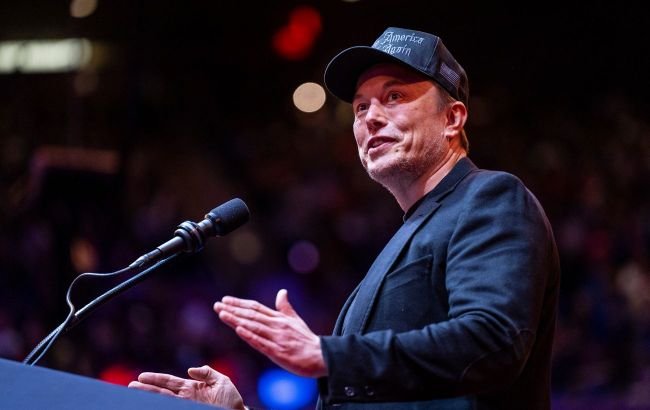In a bold move that has captured the attention of global economists, political leaders, and tech enthusiasts alike, Elon Musk recently proposed a 0% tax rate on trade between the United States and Europe. Known for his disruptive innovations in industries such as electric vehicles, space travel, and artificial intelligence, Musk is no stranger to challenging the status quo. However, his latest idea could redefine the global economic landscape.
Elon Musk’s call for eliminating trade taxes between two of the world’s largest economic powers is not just a financial suggestion—it’s a geopolitical statement. It envisions a more interconnected, efficient, and cooperative global economy, where innovation and entrepreneurship are unburdened by outdated trade policies. But what would such a change mean for businesses, governments, and consumers?
### Musk’s Motivation: The Drive for Economic Efficiency
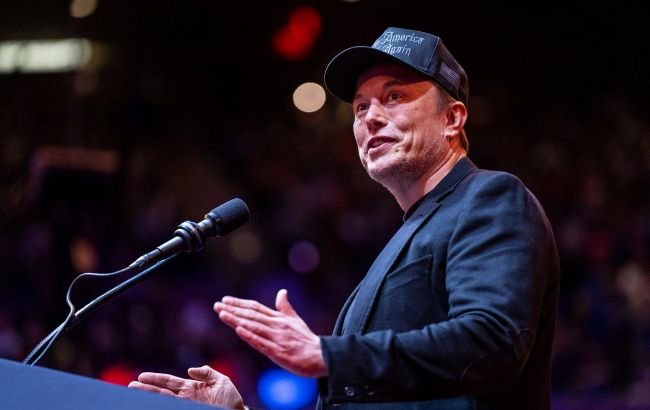
Elon Musk has long advocated for reducing bureaucracy, removing inefficiencies, and accelerating progress. In his view, taxation between the US and Europe stifles innovation, limits cross-border collaboration, and hurts consumers. Musk argues that by eliminating these trade taxes, goods and services can move more freely, prices can decrease, and competition can flourish.
Musk’s companies—Tesla, SpaceX, and X (formerly Twitter)—operate on a global scale. Europe represents a major market and production hub for Tesla, particularly with the Gigafactory Berlin-Brandenburg. From this perspective, it’s clear why Musk would be invested in reducing barriers between the continents. He believes that removing trade taxes would not only benefit his businesses but also strengthen the entire transatlantic economy.
### The Economic Benefits of 0% Taxation Between US and Europe
Removing trade taxes between the US and Europe could generate a wide range of economic benefits. Here are a few key impacts that economists and analysts are exploring:
1. **Lower Prices for Consumers**
Eliminating tariffs would reduce the cost of imported goods, resulting in lower retail prices for consumers. From electronics and cars to food and clothing, everyday items could become more affordable for families on both sides of the Atlantic.
2. **Boosted Trade Volumes**
A zero-tax agreement would likely increase trade flows, creating new opportunities for small and medium-sized enterprises (SMEs) to expand into foreign markets without being burdened by taxes or complicated regulations.
3. **Enhanced Innovation**
Reducing barriers between innovative markets like Silicon Valley and Europe’s technology hubs could accelerate the exchange of ideas, resources, and investments. It could fuel the development of next-generation technologies in AI, green energy, biotech, and more.
4. **Economic Growth and Job Creation**
With trade expanding and businesses thriving under lower costs, both regions could experience robust economic growth. More jobs could be created in logistics, manufacturing, services, and other sectors tied to international commerce.
### Political Challenges and Regulatory Hurdles
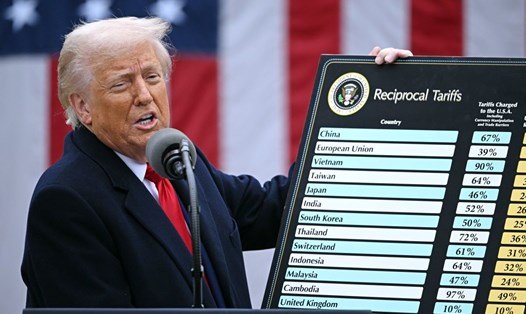
Despite the potential benefits, Musk’s vision is not without obstacles. Trade policy is deeply intertwined with national sovereignty, security concerns, and political interests. Achieving a 0% tax agreement would require extensive negotiations between the European Union, individual European nations, and the United States.
Trade disputes, agricultural subsidies, and environmental regulations have historically created friction in transatlantic economic relations. Additionally, many governments rely on tariffs as a source of revenue and a tool to protect domestic industries. Eliminating these taxes could be seen as a threat to national economic interests.
In this context, Musk’s proposal may face strong resistance from policymakers, unions, and advocacy groups concerned about its broader implications.
### The Historical Context: Echoes of Past Agreements
The idea of transatlantic economic integration is not new. The **Transatlantic Trade and Investment Partnership (TTIP)** was a major effort launched in 2013 to reduce trade barriers between the US and the EU. However, the negotiations stalled and eventually collapsed due to disagreements over regulatory standards and public opposition in Europe.
Elon Musk’s proposal could be seen as a modern revival of TTIP’s core ideals—but with a more streamlined, business-oriented focus. Instead of tackling a wide array of complex issues, Musk suggests a clean-slate approach centered solely on eliminating trade taxes.
While past attempts at similar agreements faced setbacks, today’s geopolitical climate—shaped by technological globalization and economic recovery—might offer a new window of opportunity.
### Reactions from Global Leaders and Industry Experts
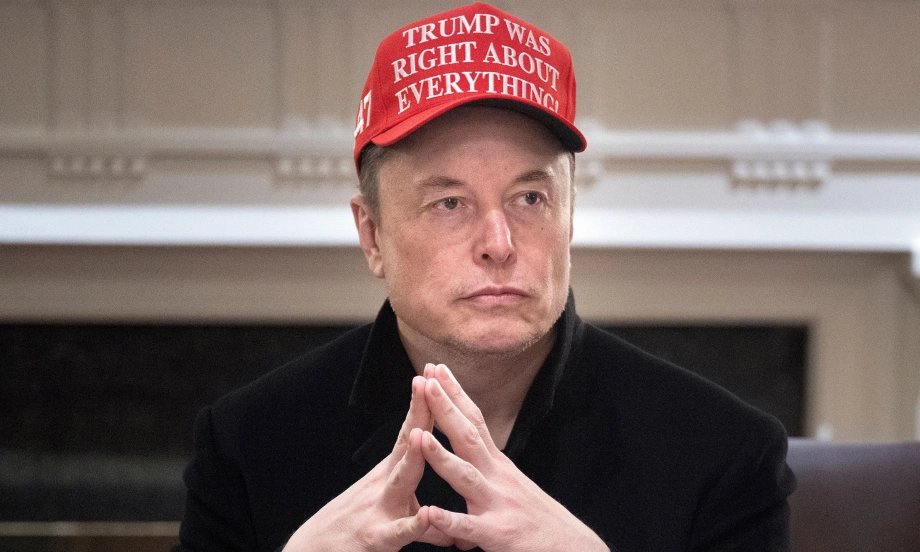
Musk’s statement has sparked a wide range of responses. Some leaders and economists have welcomed the idea as bold and forward-thinking, while others have raised concerns about feasibility and fairness.
**European trade ministers** have shown cautious interest, stating that reducing economic friction is a shared goal, but any such agreement must be rooted in fairness and mutual respect for regulatory frameworks. Meanwhile, **American policymakers** have expressed curiosity but emphasized the need for protecting domestic industries.
Industry experts note that Musk’s global influence could lend momentum to the conversation. As one of the world’s most prominent entrepreneurs, his ideas often force political and business leaders to rethink traditional approaches—even if those ideas are initially met with skepticism.
### Implications for the Automotive Industry
The automotive industry could be among the biggest beneficiaries of a 0% tax agreement. Tesla and other car manufacturers often face import duties and certification requirements when shipping vehicles across the Atlantic. Eliminating these obstacles could streamline supply chains and increase market penetration.
Europe remains a crucial growth market for electric vehicles (EVs). With climate goals becoming more ambitious, the demand for clean transportation is rising. Tesla, in particular, could capitalize on this trend more effectively with lower trade barriers, enabling more competitive pricing and faster delivery times.
Other automakers, both American and European, would also benefit from the increased fluidity of parts, batteries, and completed vehicles. This could foster greater collaboration and innovation across the industry.
### Tech Industry Synergy and Cross-Border Collaboration
Beyond cars, the tech sector stands to gain immensely. US-based companies like Google, Apple, and Microsoft already have major operations in Europe. Likewise, European firms such as SAP and Siemens have a growing presence in North America.
A 0% tax agreement would make it easier for these companies to invest, expand, and collaborate without getting bogged down in customs regulations and duties. Joint ventures, research partnerships, and cloud computing services could flourish under such an environment.
Musk’s vision aligns with the reality that technology doesn’t respect borders—it thrives on open access and seamless communication. By removing economic barriers, the US and Europe could create a digital innovation corridor with enormous global influence.
### Consumer and Workforce Impact
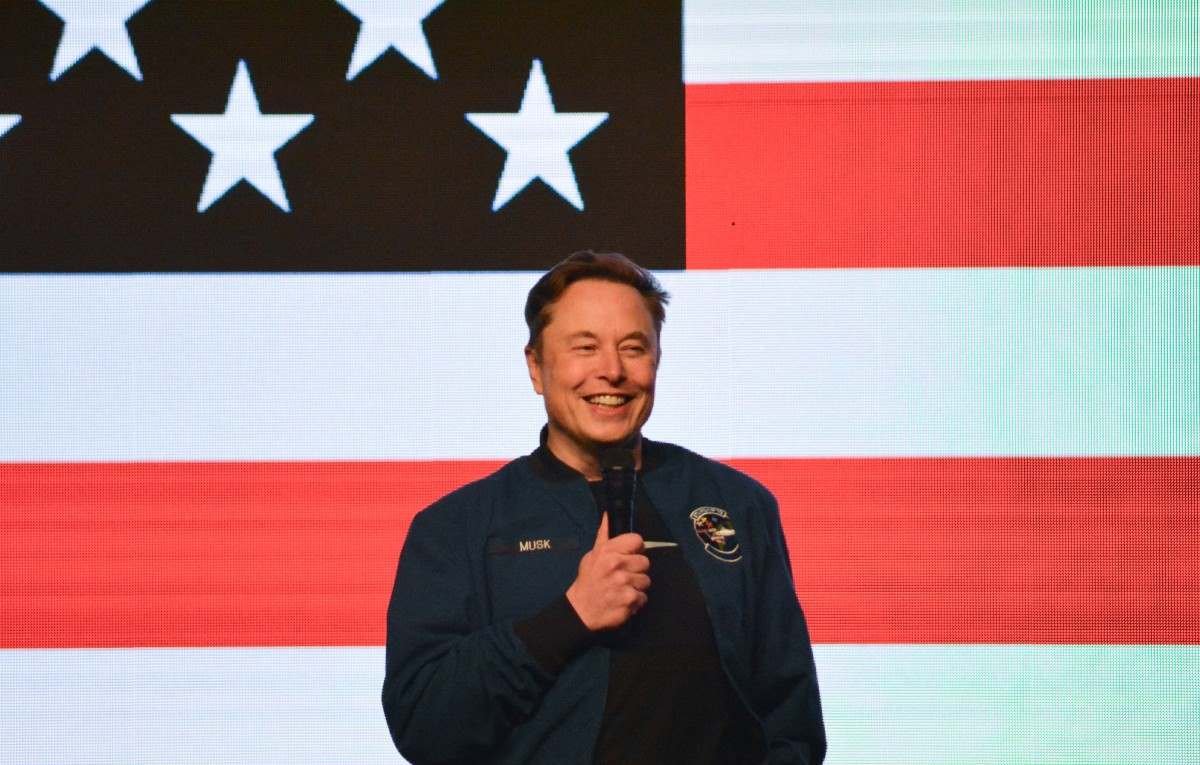
From the consumer’s perspective, a no-tax zone between the US and Europe would likely result in more variety, better prices, and faster access to products. Everything from smartphones to fashion to gourmet foods could be more readily available.
For workers, the impact could be multifaceted. While some fear job losses due to increased competition, others see opportunities for growth in export-oriented industries. With the right policy safeguards and reskilling programs, the workforce could benefit from a more dynamic and competitive economic landscape.
### Environmental Considerations and Green Trade
Environmental advocates may raise concerns about increased trade leading to higher carbon emissions from transportation. However, proponents of Musk’s plan argue that enhanced trade efficiency could lead to more environmentally friendly practices overall.
Electric vehicles, renewable energy components, and sustainable technology could be more easily traded and implemented across regions. This could accelerate the transition to green economies in both the US and Europe—an area where cooperation is already growing.
### A Step Toward Global Economic Reform?
Musk’s call for 0% taxation between the US and Europe might also be a stepping stone toward broader economic reforms. If successful, such a model could inspire similar agreements between other countries and regions, creating a domino effect of trade liberalization.
Free trade zones, regional partnerships, and global alliances could evolve based on the success of transatlantic cooperation. In a world increasingly driven by globalization and digital commerce, such reforms may be not only idealistic but necessary.
### Conclusion: Visionary or Unrealistic?
Elon Musk’s proposal to eliminate taxes between the United States and Europe may sound ambitious, even utopian—but it reflects a deeper understanding of the global economy’s direction. As borders blur and innovation becomes the new currency, the old models of taxation and regulation are increasingly challenged.
While the road to 0% trade tax is complex and politically sensitive, Musk’s call reignites an essential conversation about how to foster international collaboration, lower costs, and empower businesses and consumers alike.
Whether or not the idea becomes a reality, one thing is certain: Elon Musk has once again pushed the world to think bigger, challenge convention, and imagine a future where boundaries are not barriers but bridges.
